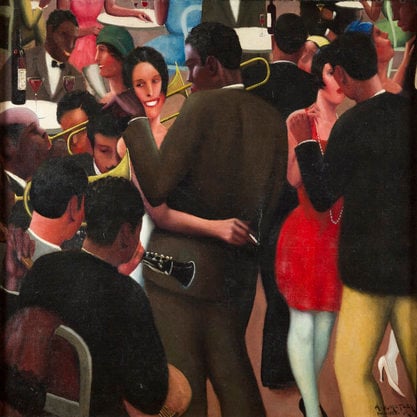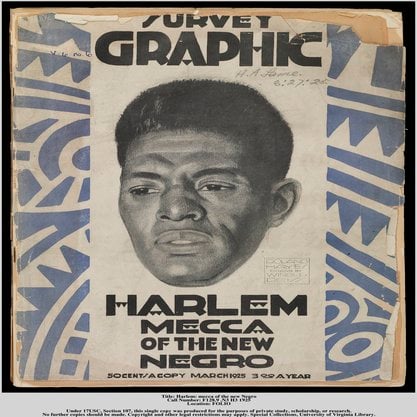Article
Coleman, Ornette (1930–2015) By Garlitz, Dustin
Article
Ornette Coleman was an American jazz alto saxophonist and composer, considered one of the founders of the avant-garde movement in jazz, which he began performing and recording in the late 1950s. The saxophonist won the Pulitzer Prize for Music in 2007, awarded on the basis of his album Sound Grammar. Coleman became known in avant-garde jazz for leading a piano-less quartet of musicians on alto saxophone, as first documented on his 1959 album Tomorrow Is The Question!: The New Music of Ornette Coleman. Later that year, he signed a contract with Atlantic Records, who first released his new jazz album The Shape of Jazz to Come. Coleman pioneered a style of avant-garde music known as Free Jazz, or music that rested completely on free improvisation in collective settings distinct to modern jazz ensemble instrumentation. This was first documented in full on the self-titled release Free Jazz: A Collective Improvisation by the Ornette Coleman Double Quartet (1961), one that featured a print of a painting by Jackson Pollock as album art. Coleman received high praise from major musicians, musical thinkers, and figures outside of the jazz tradition, most notably Leonard Bernstein and Virgil Thomson.


